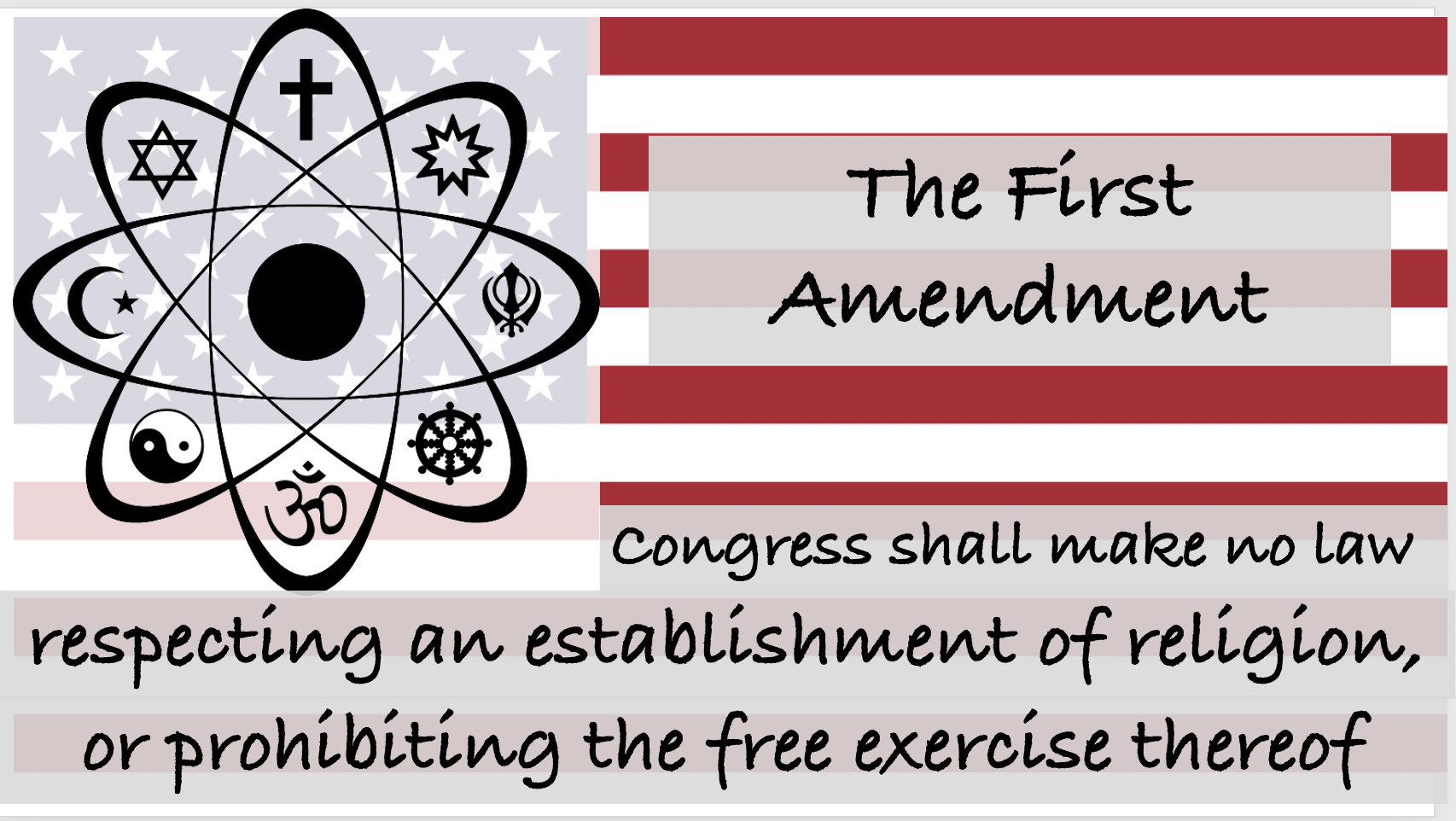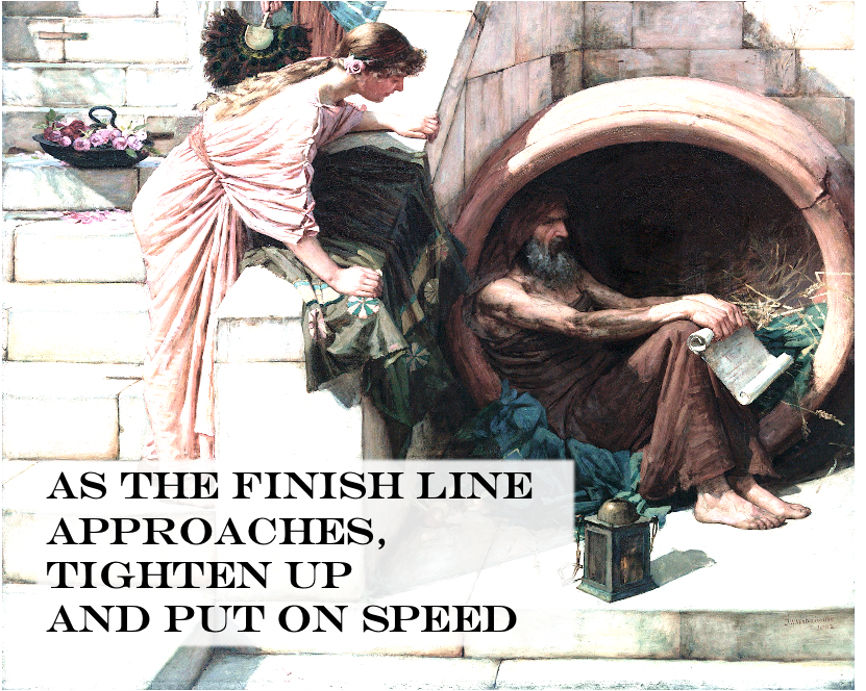Here is a column for the graduates. Graduation celebrates success at climbing a ladder. The word comes from “gradus,” which is Latin for “step.” To graduate is to complete all of the steps.
Education is an ascent. Plato pictured education as a climb out of the cave of ignorance toward enlightenment. In the Renaissance, Pico Della Mirandola said the ladder of knowledge leads us to God.
Our world has lots of ladders. In school you climb from one grade to the next. As you ascend you are graded, ranked, and evaluated. This hierarchical system continues in business, the military, and other forms of adult life. Much of life is organized by ladders and ranking systems. You will ascend a variety of ladders, including the famous ladder of success.
But once you’ve climbed up, then what?
The philosopher Ludwig Wittgenstein recommended kicking away the ladder once you’ve climbed it. Graduation is like that. It is a time to leave the ladder and make a leap. This leap is a moment of freedom, anxiety, and joy.
Freedom can be scary. There is comfort in climbing a familiar path. But life is not merely a never-ending staircase. There are also circles and repetitions — and moments in which you hover, soar and plunge. Life is a dance and a leap as well as a climb.
What will you do with your freedom once the steps are no longer measured for you by parents and teachers? How will you use your freedom? Which mountain will you climb? Where will you dance off to?
Education should culminate in freedom. Knowledge liberates us. But liberty requires constraint. Freedom without discipline is chaos. Virtues like honesty and integrity channel freedom in productive ways.
Freedom must also be connected to compassion and justice. In “Julius Caesar,” Shakespeare warned us not to turn our backs on our friends once we’ve climbed ambition’s ladder. Remain humble. Give gratitude to those who helped you ascend. And offer a hand to those who need help climbing up.
There is also wisdom in standing still and learning to wait. Our culture emphasizes achievement and accomplishment. But silence is golden and patience is a virtue.
We learn this from music and the arts. The best music is not a frantic flurry of notes. The silences matter, as do the whole notes, and the whispered undertones. Subtle harmonies require gentleness, attentive listening, and a light touch. The sweetest poetry leaves important things unsaid.
And don’t forget love. True love is not selfish. It expands and uplifts. Parents, teachers, and coaches gave you the love you needed. They held your hand as you took the first steps of your journey. At some point, the training wheels came off and there you went. They ran beside you for a while as you sped up the path. And now you are ready to soar. Spread your wings. And when you are ready, pass that love on. Your task is to help others learn to climb.
Your parents and teachers hope that wisdom, courage, and tenacity will guide you as you conquer other mountains. But we can’t tell you where to go from here. Maybe you will climb Half Dome. Maybe you’ll write a poem. You might discover a cure for cancer. Or you might find a cure for violence, racism, and hate. The choice is yours.
There will always be new challenges to overcome and new ladders to ascend. We hope that you climb well, and bravely, and wisely. May your life be a dance, a song, and a sparkling work of art.
We’ll be here cheering you on, waiting for news of your achievements. Do us proud. Climb as high as you dare. Then gather your virtues around like a superhero’s cape and make that leap. If you fall, we’ll still be here to pick you up. Don’t be afraid to fall. Everyone falls down from time to time. What matters is the will to get back up and climb again.
Eventually you’ll catch the wind and soar beyond us with dignity and grace. Circle back from time to time. Astound us with what you’ve learned and who you’ve loved. We look forward to being amazed at who you will become.




